🔑 RESOURCE ALERT | Emergency Rental Assistance Program
Q: What is the Emergency Rental Assistance Program?
A: The Emergency Rental Assistance Program (ERAP) helps District residents earning less than 40% of the Area Median Income (AMI) who are facing housing emergencies, by providing funding for overdue rent including late fees and court costs if qualified household is facing eviction. The program also supports security deposits and the first month's rent for residents moving into new apartments. The amount paid on behalf of eligible households depends on a household's income and available resources and is subject to certain limitations.
Q: How much does ERAP provide for back rent arrears?
A: Per the U.S. Department of Housing and Urban Development's (HUD) Rent Reasonableness Guidelines, ERAP may provide up to five times the rental amount based on the area zip code and bedroom size of the apartment/house. https://dhs.dc.gov/page/monthly-income-limits-fair-market-rent
Q: How much does ERAP provide for security deposit and first month rent?
A: ERAP payment for the first month’s rent shall not exceed the actual amount of one month’s unsubsidized rent. The security deposit shall be the actual amount of the deposit which may not exceed one month’s unsubsidized rent.
Q: Can I apply for security deposit and first month rent for a unit outside of DC?
A: When you apply for ERAP, you need to be a current DC resident. However, you are able to apply for security deposit and first month rent for a unit in a neighboring county (for example: Prince Georges County, Montgomery County, Arlington County, etc.).
Q: How many times a year can I apply for and receive ERAP?
A: You may apply for and receive ERAP once within a 12-month period.
Q: Do I have to be a DC resident to apply for DC ERAP?
A: Yes, DC ERAP is limited to current DC residents. To apply for the past due rent assistance program, you would need to be the leaseholder for a DC unit. In addition, you must be currently leasing a DC unit for which you are applying for assistance. If you are currently a resident of Maryland or Virginia, please contact their local social services department.

